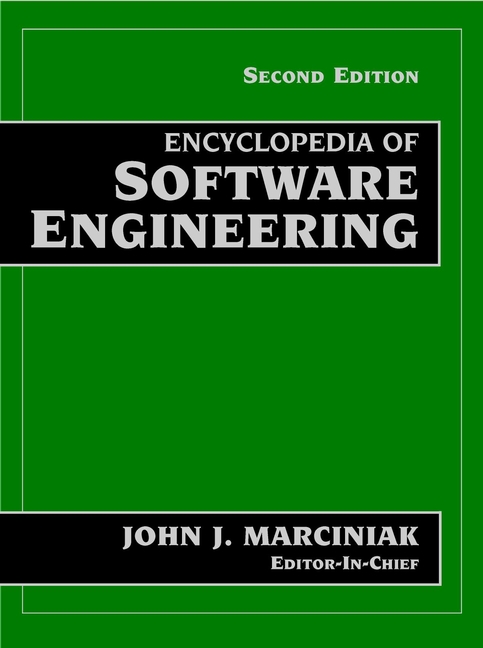Software Engineering in Health Systems
Abstract
Health systems comprise many different components and perspectives. Based on many definitions, one could interpret the concept of health systems to be all systems affecting Health.
The software aspects of health systems are complex. When one considers the fact that the FDA and other government agencies want to ensure that consumers use safe and effective products that affect the general condition of the body or mind and that promote freedom from disease or ailment, software can have a large impact since companies or “establishments” rely heavily on software to conduct their business. Although the FDA did regulate software prior to 1985, it started to focus on it after the Therac-25 incident. The Therac-25 was a computer-based radiation therapy device that had a software problem that resulted in six people being massively overdosed. All of the patients either died or were seriously injured. As the use of software has become more prevalent since 1985, the FDA has increasingly focused on the impact that software can have on product safety and effectiveness. On the basis of noted problems and the complexity of health systems, the FDA has been forced to consider software used in or on health systems from many perspectives, and these are discussed.
The healthcare industry is becoming more dependent on software through medical technology, automated manufacturing processes and the Internet. The benefits can be faster and more accurate preventive, diagnostic and treatment methods. In many cases these benefits would not be possible without software.



